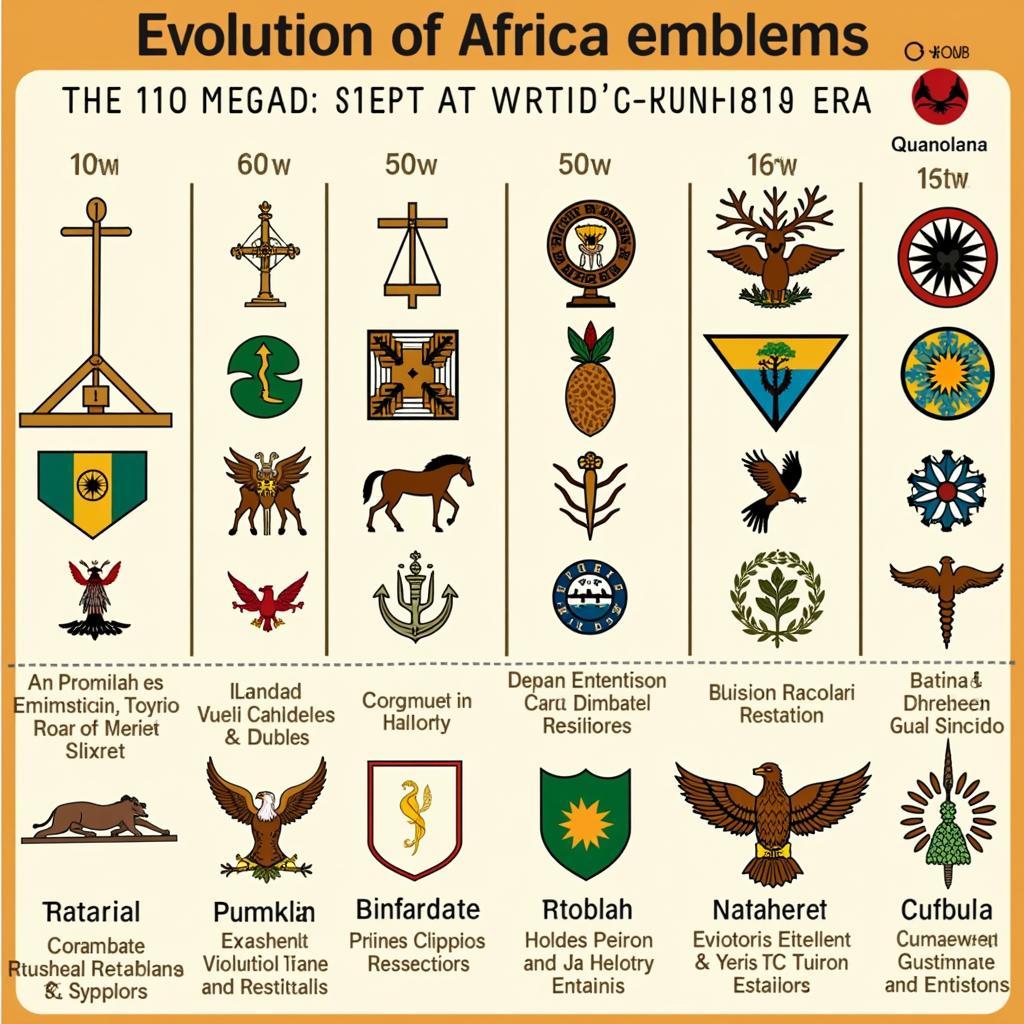Understanding African American Vernacular English (AAVE)
African American Vernacular English (AAVE), sometimes referred to as Black English or Ebonics, is a distinctive and vibrant dialect spoken by many African Americans across the United States. However, AAVE is much more than just slang or a casual way of speaking. It is a fully formed dialect with its own unique grammatical rules, pronunciation patterns, and vocabulary that have evolved over centuries.
A Rich History Rooted in Resistance
The roots of AAVE can be traced back to the transatlantic slave trade. During this period, enslaved Africans from diverse linguistic backgrounds were forced to communicate with each other and their captors. This contact led to the development of pidgin languages, simplified forms of communication that combined elements of different languages. Over time, as generations were born into slavery, these pidgins developed into creole languages, becoming the primary language of many enslaved communities.
AAVE, with its deep connections to West African languages and the experience of slavery, stands as a testament to the resilience and creativity of African Americans in the face of adversity. It reflects a rich cultural heritage and a unique way of seeing the world.
Distinctive Features of AAVE
AAVE is characterized by a range of linguistic features that differentiate it from Standard American English (SAE). These features are not random deviations from SAE but rather follow consistent rules and patterns.
Grammar and Syntax
- Use of “be”: One of the most recognizable features of AAVE is the use of the verb “be” to indicate habitual or ongoing actions. For example, “He be working late” means that working late is something he does regularly.
- Absence of the verb “to be”: In some cases, AAVE speakers may omit the verb “to be” in sentences where it would be required in SAE. For example, “She a doctor” instead of “She is a doctor.”
- Double negatives: AAVE often uses double negatives for emphasis, similar to some other English dialects and other languages. For example, “I don’t have none” emphasizes the lack of something.
Pronunciation and Phonology
AAVE also has distinct pronunciation patterns, including:
- Consonant cluster reduction: The final consonant in a word may be dropped when it is followed by another word beginning with a consonant. For example, “test drive” might become “tes drive.”
- Sound substitutions: Some sounds may be substituted for others, such as “th” being pronounced as “d” or “f” in certain contexts.
Vocabulary and Slang
AAVE has a rich and dynamic vocabulary, with new words and phrases constantly emerging. Some words and phrases that originated in AAVE have become widely used in mainstream American culture.
AAVE: A Language, Not a Deficit
Despite its unique history and features, AAVE has often been misunderstood and unfairly stigmatized as incorrect or inferior to SAE. However, linguists emphasize that AAVE is a legitimate dialect of English with its own complex grammar and rules. It is just as systematic and rule-governed as any other language variety.
Understanding AAVE requires recognizing its historical context, linguistic complexity, and cultural significance. It is a vibrant and evolving language that continues to shape the landscape of American English and reflect the diverse experiences of its speakers.
FAQs About AAVE
1. Is AAVE simply slang?
No, AAVE is not just slang. It is a fully developed dialect with its own distinct grammar, pronunciation, and vocabulary.
2. Where did AAVE originate?
AAVE has its roots in the transatlantic slave trade and the linguistic contact between enslaved Africans and their captors.
3. Is it appropriate to use AAVE if I am not African American?
The use of AAVE by non-African Americans is a complex issue. It is important to be aware of the historical context and cultural significance of the language and to use it with sensitivity and respect.
Exploring Further
For a deeper understanding of African American Vernacular English, you might find these resources helpful:
- African American Accent Tutorial
- African American Dictionary PDF
- African American Vernacular English
Learning about AAVE offers a valuable opportunity to appreciate the diversity of language and the rich tapestry of American culture. It reminds us that language is constantly evolving and reflects the history, creativity, and resilience of its speakers.
Need Assistance?
Contact us at:
Phone Number: +255768904061
Email: kaka.mag@gmail.com
Or visit us at:
Mbarali DC Mawindi, Kangaga, Tanzania.
We have a 24/7 customer support team.


